Natalia Páez Sandoval, Valeria Jalube Caballero, Camila Naranjo Díaz, Lina Trivino Mora
Colombia
The conflict in the West Bank has led to severe hardships for the Palestinian people, especially through the intentional and organized demolition of buildings, including schools, disrupting children’s education and morale.
The urgency of the situation has prompted us to launch an international architecture competition to design innovative, mobile schools for the West Bank that can be easily relocated and reassembled if they receive a demolition order.
By participating, you not only contribute to architectural innovation and education, but you also support the Palestinian people by helping the NGO Wallah We Can build the winning project and replicate it wherever needed.
Join us in standing with Palestine, raising awareness, and making a tangible difference.
One of the most unfair situations faced by the Palestinian people is the demolition of their buildings. This includes schools and sometimes even whole villages.
The village of Khan Al Ahmar is located in Area C of the West Bank and is home to the Bedouin Jahalin tribe, who were expelled from the Naqab Desert in the 1950s.
The community faces severe challenges, including a lack of basic services like electricity and water, and has been subject to demolition orders since 2009.
This international architecture competition seeks innovative designs for mobile schools in the West Bank to ensure uninterrupted education for Palestinian children.
Participants should focus on modularity, quick deployment, and using lightweight, portable, and locally sourced materials for easy relocation in case of demolition threats.
We invite participants to challenge norms, innovate, and critically explore sustainable, resilient, and locally relevant materials and construction techniques.
We look forward to your visionary solutions and impactful contributions.
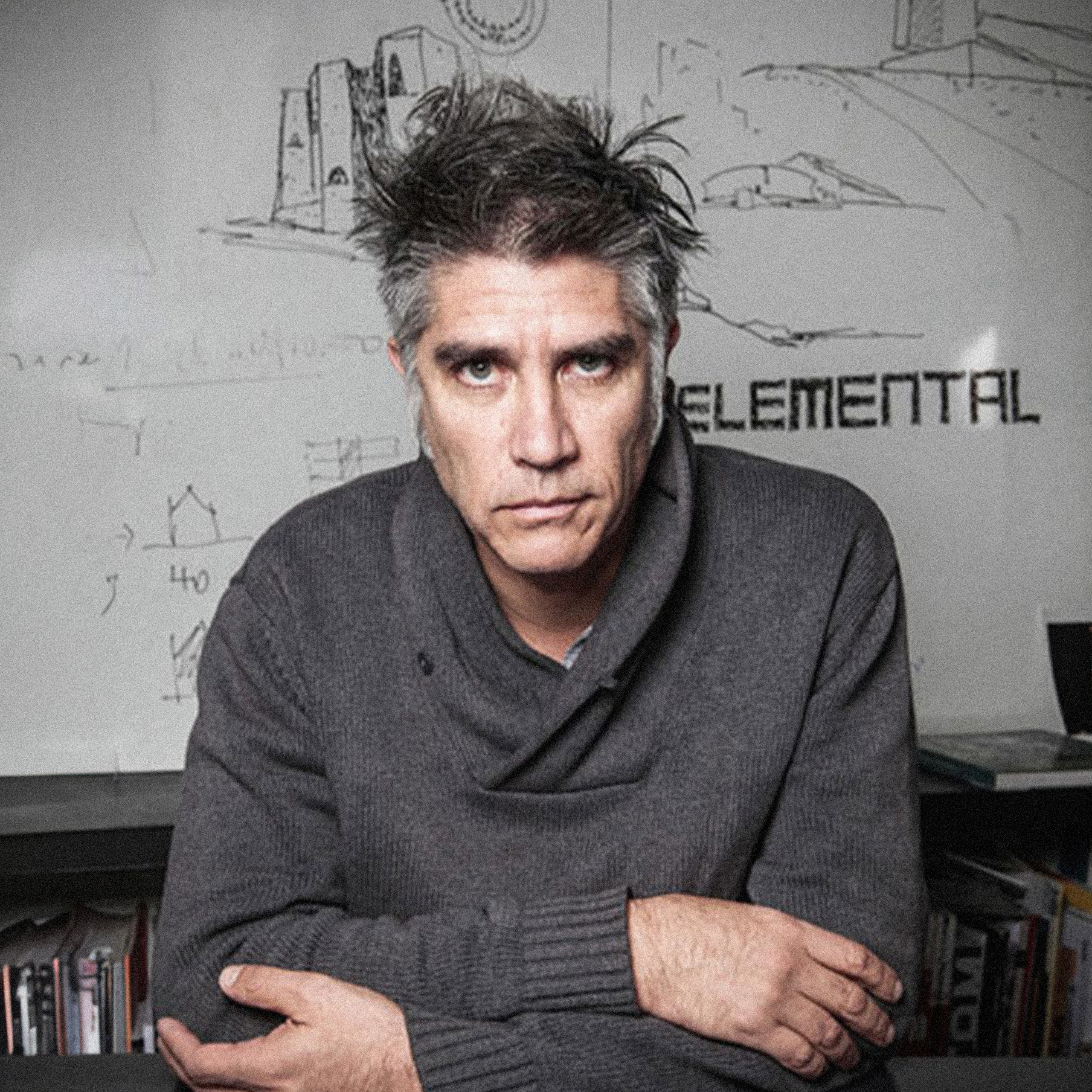
Alejandro Aravena is the 2016 Pritzker Prize Laureate and Founder and Executive Director of ELEMENTAL, a “Do Tank” that focuses on projects of public interest and social impact including housing, public space, infrastructure and transportation. His mastery of architecture aides his commitment to society, resulting in works and activism that respond to social, humanitarian and economic needs.
Mr. Aravena was the recipient of the 2019 ULI J.C. Nichols Prize, the 2018 RIBA Charles Jencks Award and the first architect to receive the Gothenburg Sustainability Award in 2017. He was Curator of the Venice Architecture Biennale 2016 and served on the Pritzker Prize Jury from 2009 to 2015. He is the ELEMENTAL Copec Chair at Universidad Católica de Chile, a former visiting professor at the Harvard Graduate School of Design (2000 and 2005), and has taught at Istituto Universitario di Architettura di Venezia (2005). He is a member of the advisory board of the Cities Program of the London School of Economics and is based in Santiago, Chile.
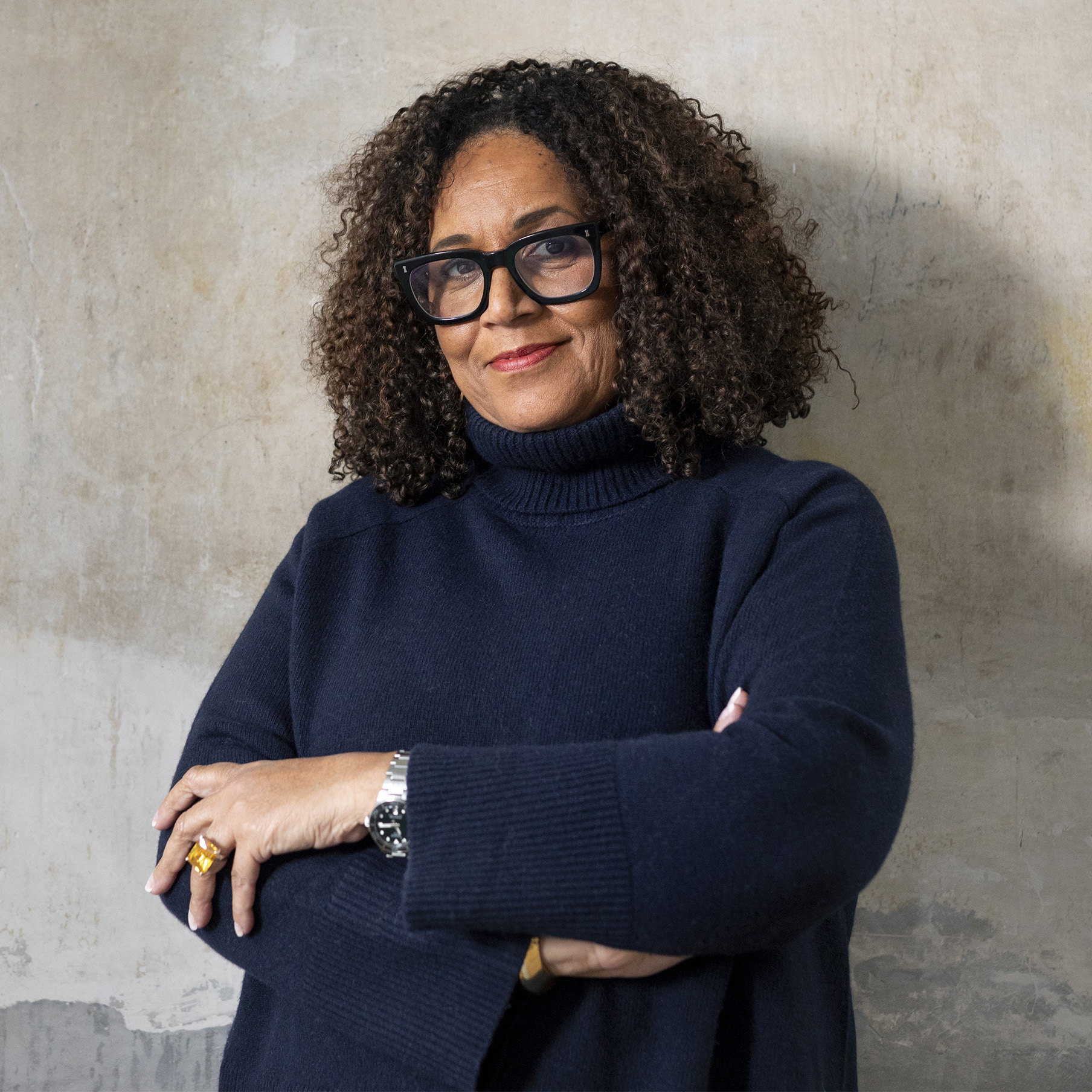
Professor Lesley Lokko OBE is the Founder and Chair of the African Futures Institute (AFI) in Accra, Ghana. She holds a BSc (Arch), MArch and PhD in Architecture from the Bartlett School of Architecture, University College London. She was the Founder and Director of the Graduate School of Architecture, University of Johannesburg (2014—2019). She is the Editor of White Papers, Black Marks: Race, Culture, Architecture (University of Minnesota Press, 2000) and the Editor-in-Chief of FOLIO: Journal of Contemporary African Architecture.
She is currently a Visiting Professor at the Bartlett School of Architecture and at University College Dublin. She was appointed Curator of the 18 th International Architecture Biennale at La Biennale di Venezia in 2023. In January 2023, she was awarded an OBE ‘for services to architecture and education’ in King Charles’ New Year’s Honours List. In January 2024, she was awarded the UK’s highest architecture award, the RIBA Royal Gold Medal. In April 2024, she was named one of the world’s 100 most influential people in the annual TIME100 list.
Photo credit 1: Alix McIntosh
Photo credit 2: Murdo McLeod
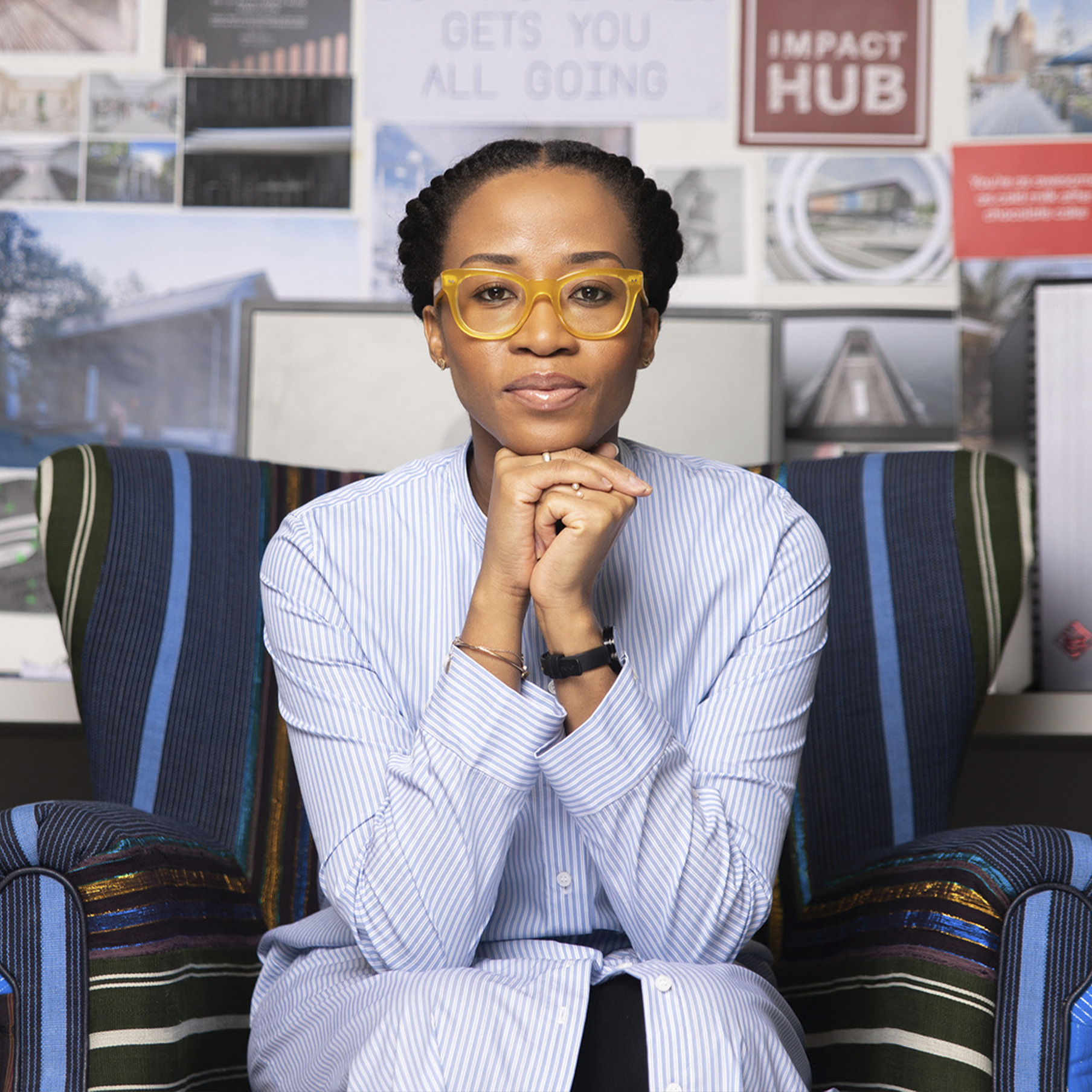
Tosin Oshinowo is a Nigerian architect based in Lagos, renowned for her expansive residential and commercial projects and her socially-responsive urbanism. Her work prioritizes equity, sustainability, and respect for local Yoruba traditions. She collaborated with the United Nations Development Programme to build a new community for a village displaced by Boko Haram. Oshinowo’s accolades include the 3rd City People Real Estate Awards for Architect of the Year 2017, the Lord’s Achievers Awards for Creativity 2019, finalist for the 2023 Diversity in Architecture Divia Awards, being named to the AD100 list for the Middle East, one of The 50 most powerful women in architecture and design by Dezeen in 2024, and selection for the 2025 Loeb Fellowship at Harvard University.
Oshinowo Studio
Oshinowo Studio, established by Tosin Oshinowo in 2013, focuses on creating equitable and sustainable designs. The Lagos-based firm has completed significant civic and residential projects, such as the Maryland Mall and light-filled beach houses. The practice emphasizes urbanism and community development, reflecting a deep commitment to innovative and socially-responsible architecture.
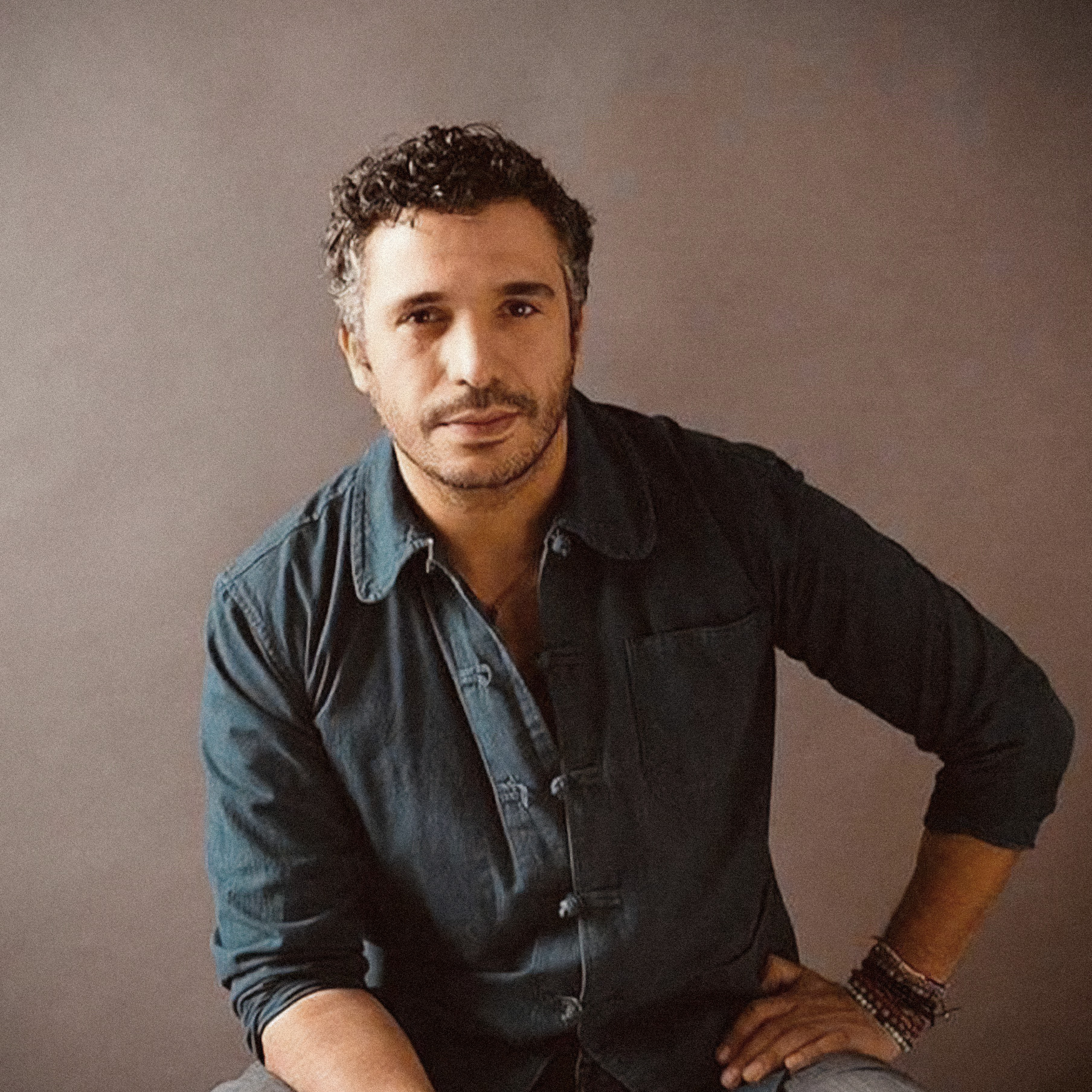
Lotfi Hamadi, a Franco-Tunisian entrepreneur born in Tunisia in 1976, moved to France and Canada at a young age. In 2011, inspired by the Tunisian Revolution, he returned to Tunisia with a mission to drive social change through entrepreneurship. He founded Wallah We Can, driven by the belief that education is the cornerstone of sustainable development. His groundbreaking projects, like GreenSchool and Ecolibree, tackle social and environmental challenges head-on. Hamadi’s visionary work has earned him widespread recognition, including being named one of Africa’s most influential figures in 2016.
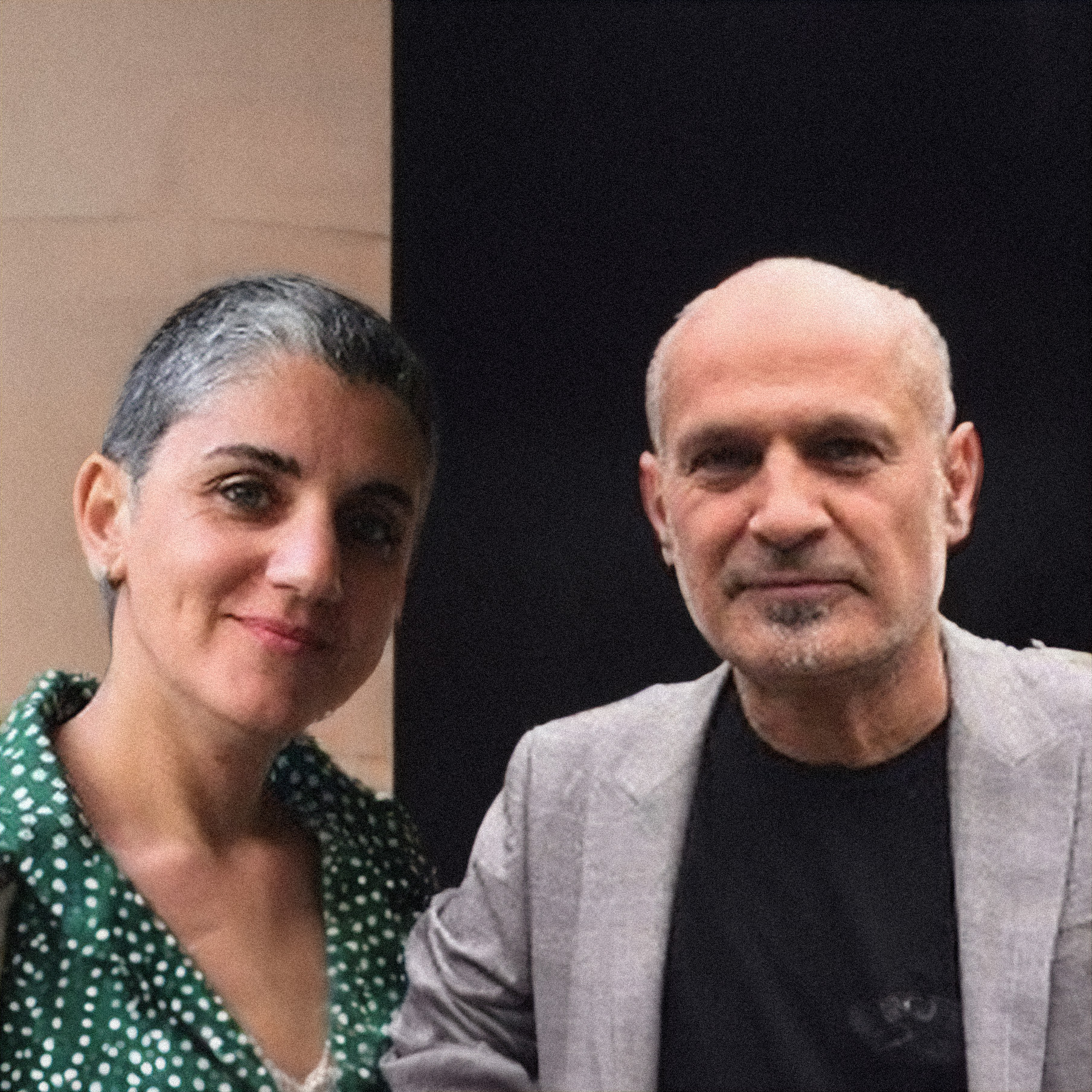
Nasser Golzari and Yara Sharif
Nasser Golzari is an award-winning Iranian-British architect and principal partner of Golzari-NG Architects. He teaches at the University of Westminster and has led projects in both the private and public sectors since 1985. His work spans Europe to the Middle East, focusing on sustainable urban regeneration and cultural identity. Golzari has received numerous accolades, including the Holcim Award for Sustainable Construction and the Aga Khan Award for Architecture.
Yara Sharif, an architect and senior lecturer at the University of Westminster, is a partner at Golzari-NG Architects. Her work emphasizes participatory design and social sustainability in both London and the Middle East. Sharif’s research and projects have won several awards, including the RIBA President’s Award for Research and the Holcim Commendation Award for Sustainable Construction.
Palestine Regeneration Project Forum (PRPF)
The PRPF is an initiative by Golzari-NG Architects in collaboration with Professor Murray Fraser. Founded in 1992, the forum addresses social, environmental, and cultural issues in architecture, focusing on contested spaces in the Palestinian West Bank and Gaza Strip. PRPF serves as a platform for academics and practitioners to explore and contribute to the regeneration of Palestine through architecture, urban design, and art projects, aiming to foster change and dialogue.
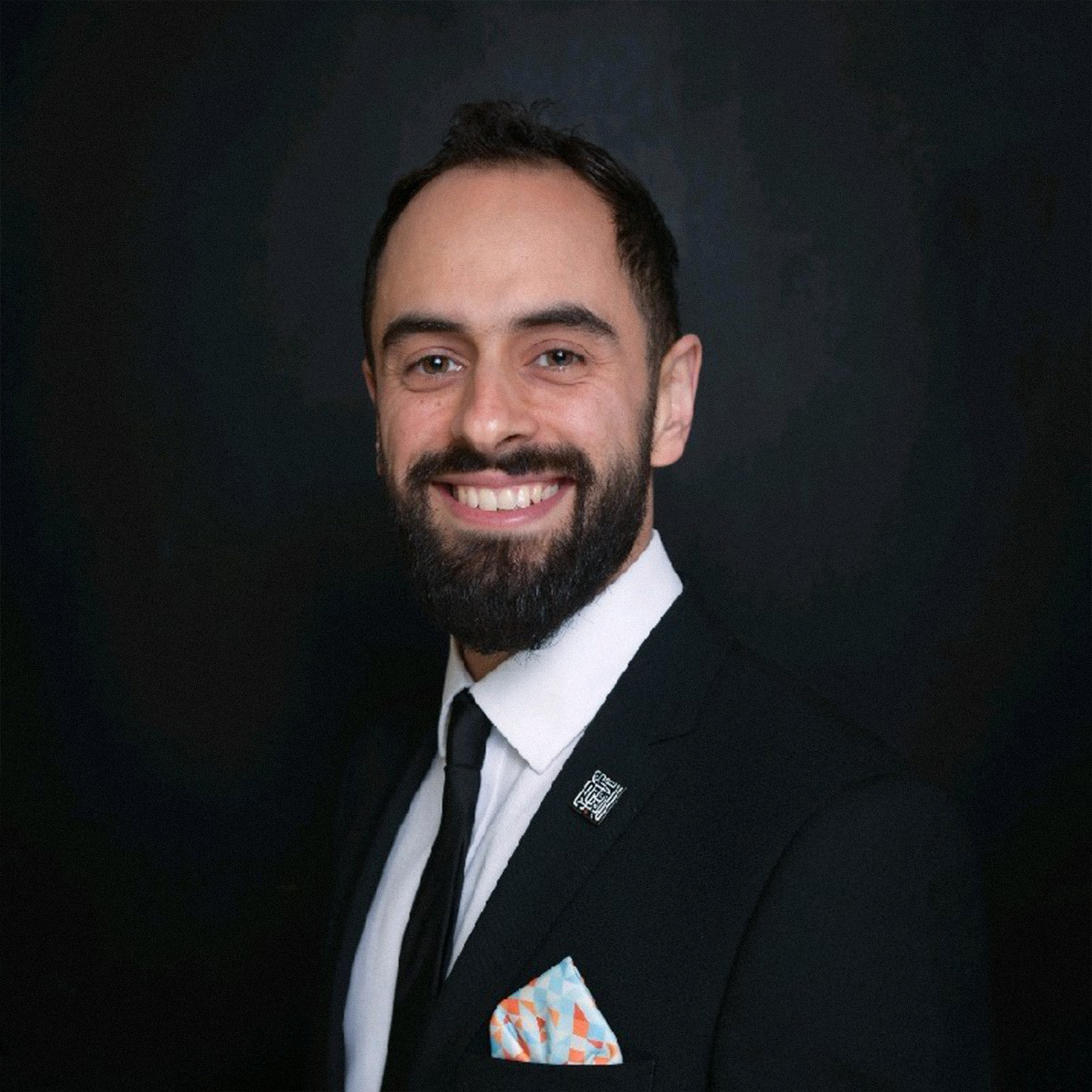
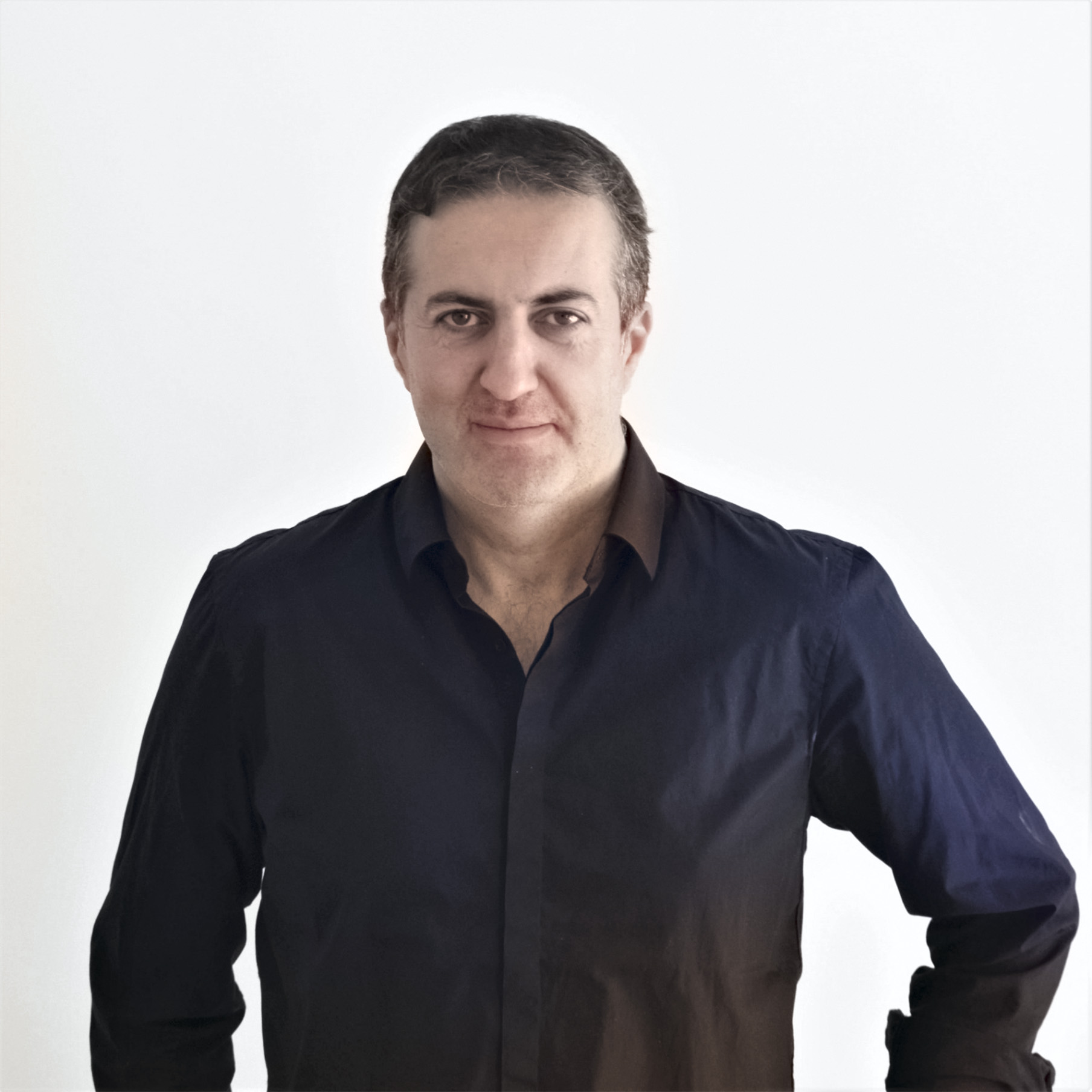
Karim CHAABANE born in 1970 in Brussels, Architect graduated from the Polytechnic School of Milan under the direction of Alberto Campo Baeza with the Erasmus scholarship at the Higher Technical School of Architecture of Madrid. Teacher since 2002 at the National School of Architecture and Urban Planning of the University of Carthage (ENAU), co-founder in 2003 in Tunis, of the architecture agency Arké Architectes Associés, a Contemporary Architecture Workshop on a human scale, with a Mediterranean sensitivity. The agency Arké cultivates a sustainable and timeless approach, based on the search for spatial quality and strong sensation through the essential. It also places energies and resources at the heart of architectural design.
The Arké Architectes Associés agency has been nominated for several prestigious architectural awards such as the Aga Khan Prize, the Arab Architect Award, the Mies Van Der Rohe Prize and the Carthage Architectural Days prize.
Karim CHAABANE has presented several national and international conferences (ENAU, UIK, UTC, Polytech, ENSAM Montpellier, Università di Mantova…), he is a founding member of Docomomo Tunisia and he is also UIA correspondent of the commission of international competitions.

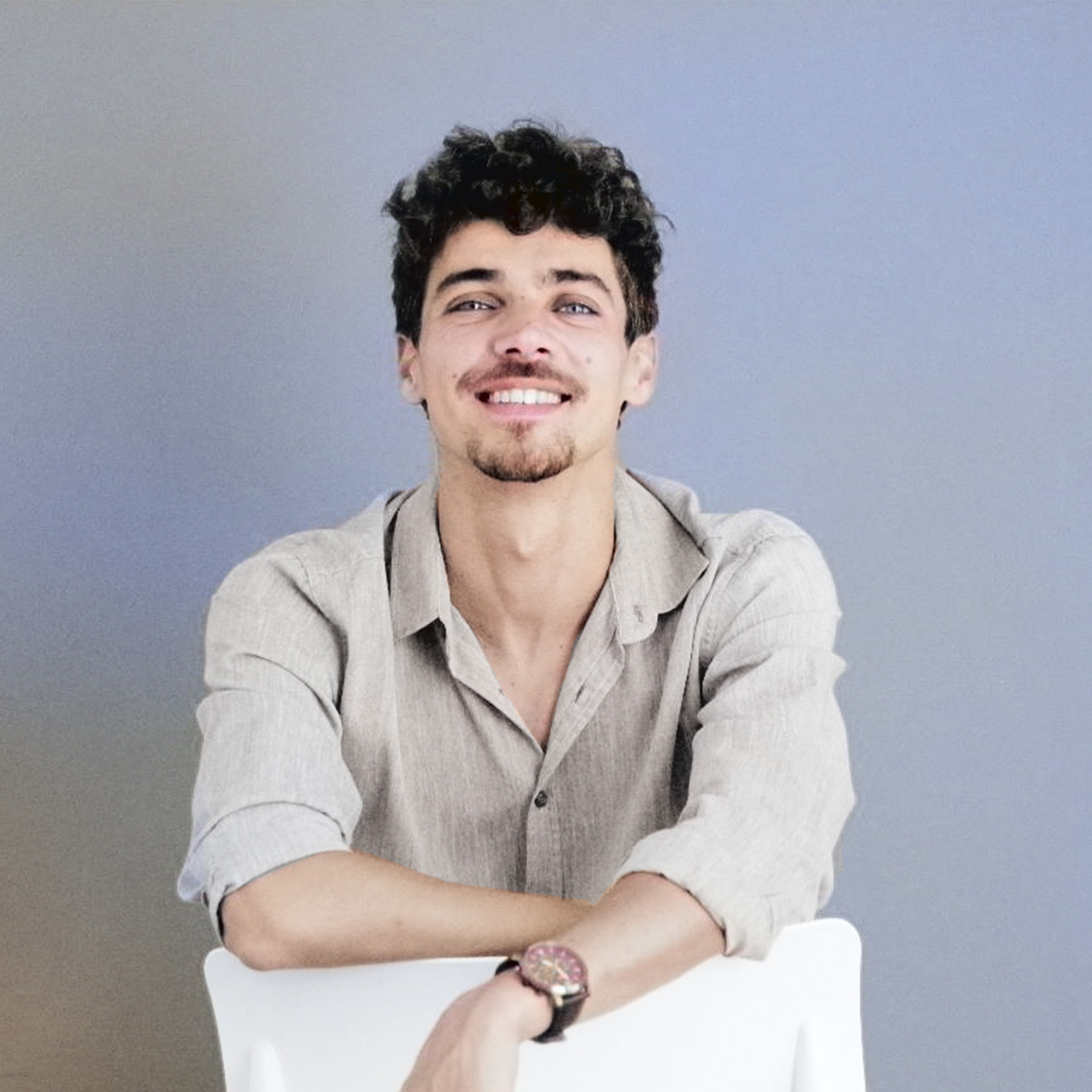
Bayram Zgolli is a multifaceted architect and the founder of Faber Architects, a firm building expertise in both local and international markets. Committed to humanitarian work, he is serving as a consultant architect for Wallah We Can and currently leading the NGO’s expansion efforts in the Middle East, where he advocates for improving living conditions for children through innovative architectural solutions.
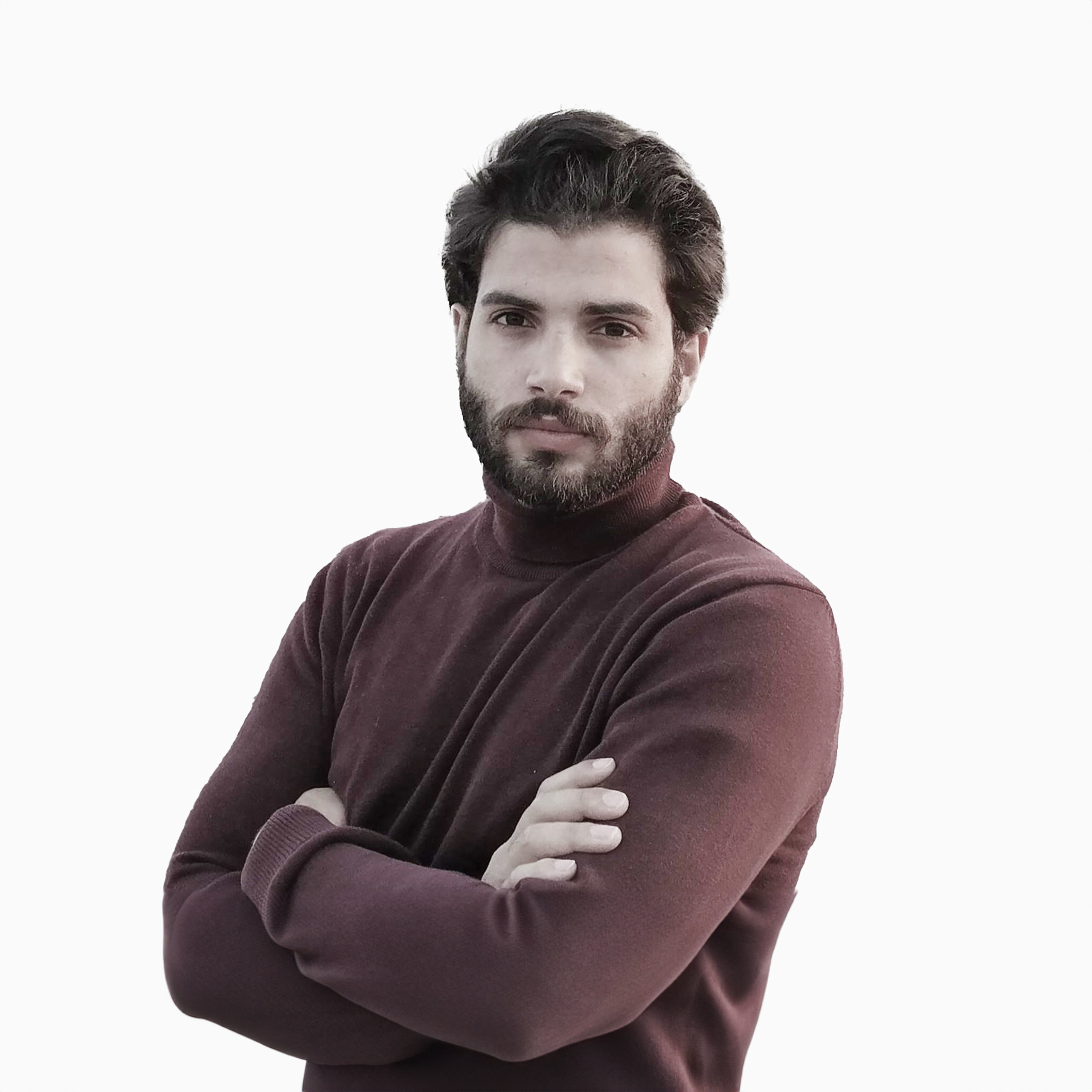
Amer Abu Matar is a Palestinian multidisciplinary designer and architect whose work spans academia and industry. Based in the West Bank, he is a lecturer at Birzeit University where he explores the resilience of Palestinian refugee camps in the face of rapid change and settler colonialism. His academic pursuits are complemented by a career in the film industry as a production designer.
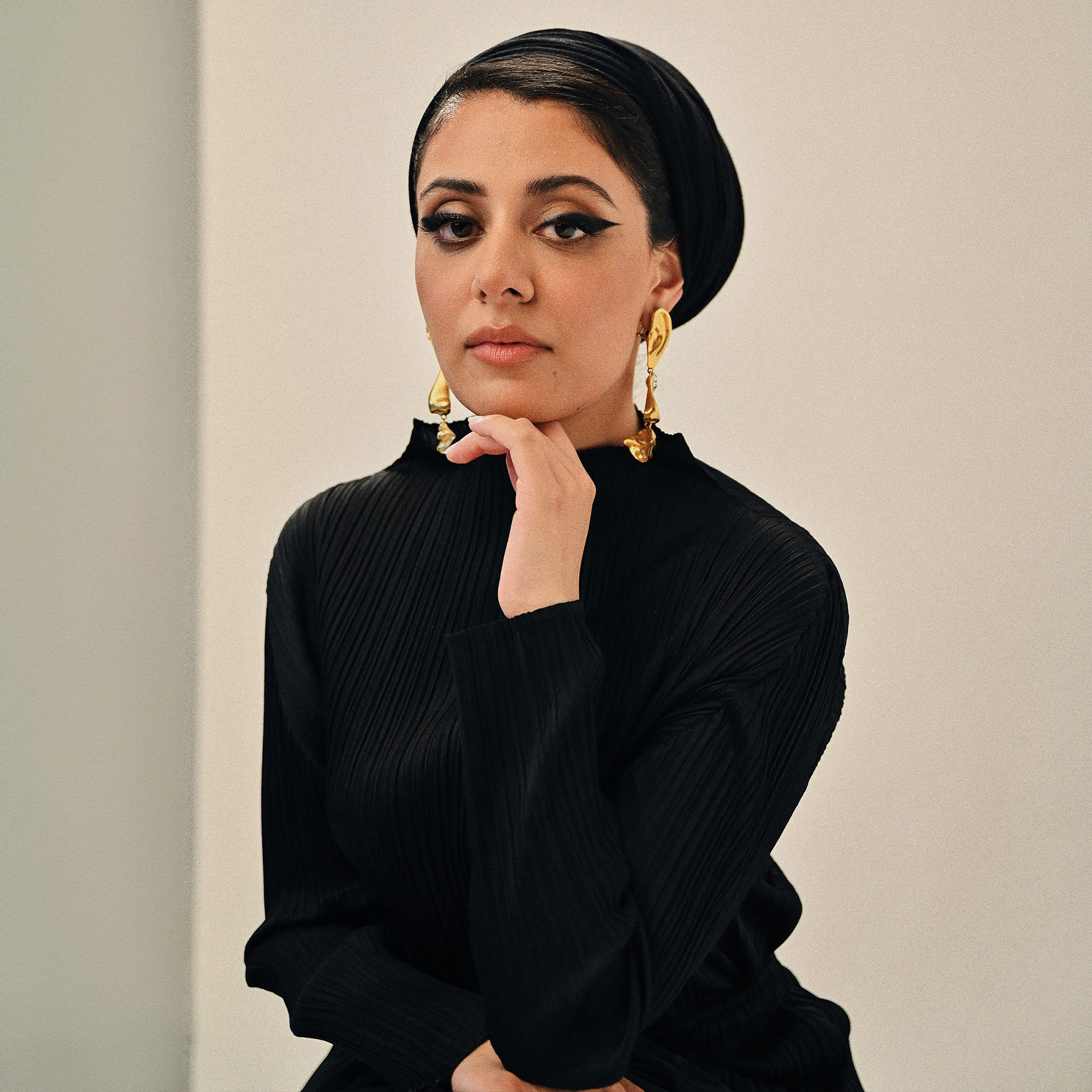
Sumayya Vally is the founder and Principal of Counterspace and an Honorary Professor of Practice. In 2019, Vally was selected to design the 20th Serpentine Pavilion in London. She subsequently joined the Board of Directors at the World Monuments Fund. Recognized as a Young Global Leader by the World Economic Forum and a TIME100 Next honoree, Vally has also been honored with the Royal Architectural Institute of Canada’s 2023 Honorary Fellowship and Emerging Architect of the Year at the 2023 Dezeen Awards. Additionally, she was named one of the Financial Times Readers’ Women of the Year 2023. In 2023, she served as the Artistic Director of the inaugural Islamic Arts Biennale in Jeddah.
Counterspace
Counterspace, founded by Sumayya Vally, is known for its innovative design and research focusing on hybrid identities and spaces, particularly African and Islamic contexts. The practice excels in creating spaces that reflect both indigenous and diasporic experiences, using unique design approaches to explore and represent historical narratives.